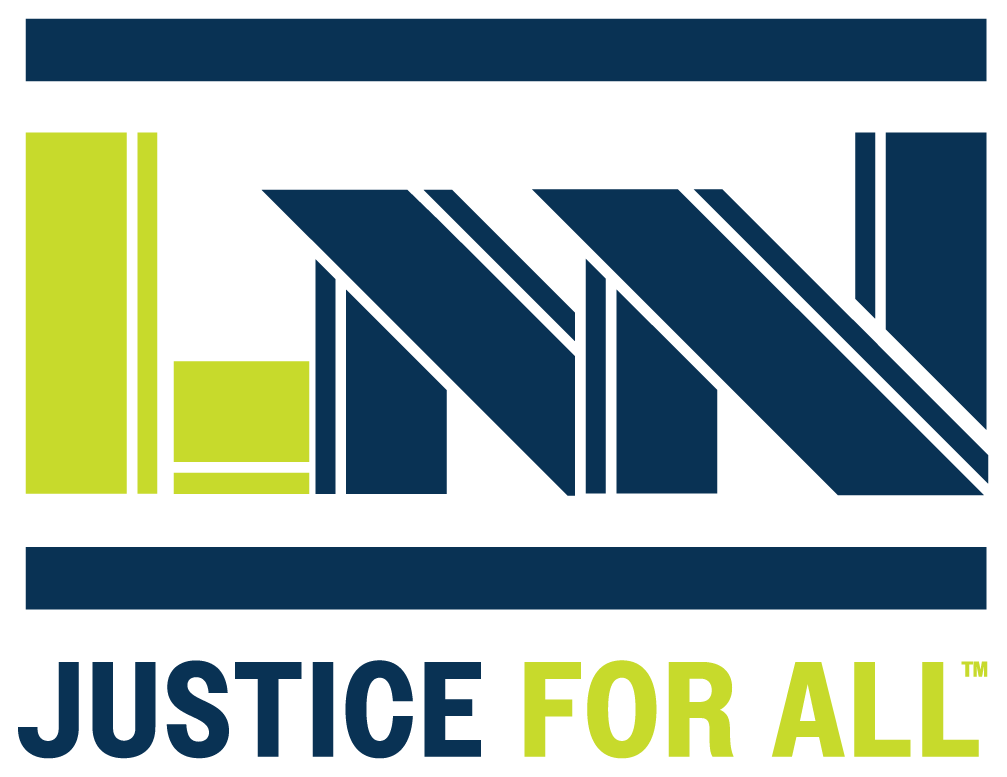Workers’ Compensation Insurance exists to protect and compensate people who suffer injuries at work for which employers may be held responsible. Claims increase the cost of workers’ compensation insurance. Understandably, employers prefer not to pay higher premiums. Some employers turn to retaliation against an employee who files a claim, hoping to discourage people from filing claims. Keep reading for things every worker should know.
Need a Lawyer for Retaliation in Los Angeles? Call LNN at (213) 232-4848
or Contact Us Online & Get a Response Within One Business Day!
What is Retaliation?
Retaliation is any action taken by an employer to punish injured workers who file claims, including abusive speech, changed assignments or persistent assignments to less preferred shifts or tasks. An unusual action intended to cause discomfort or make a job more difficult may be considered retaliation. Forcing or applying pressure on an employee to resign rather than be harassed is retaliation. Some injured workers may be hesitant to file a claim for fear of retaliation.
Common Ways Employers Retaliate
Employers use many tactics that can be retaliation in disguise. Here are some examples:
- An employee may be taken from a day shift usually determined by seniority or rotation and assigned to the night shift.
- An employee may be demoted or denied an earned promotion or raise.
- Employer creates a hostile environment in order to force a worker to resign.
- Employer uses verbal abuse, cold or rude communication.
- Employer gives unfair and poor evaluations.
- Employer gives unjustified written warnings.
The above behaviors are intended to force an employee to resign. Know your rights and seek assistance from an attorney experienced with employment law.
How an Attorney Can Assist With Employer Retaliation
An employment attorney can advise you on whether or not the employer’s behavior has risen to the level of retaliation and what recourse you have. In addition, an attorney can advise you what supporting documents to collect. Written assignments, emails, evaluations, or warnings should be retained. In addition, any notes or records written by you at the time the retaliation occurred can be a vital piece of information in a retaliation case. Original notes describing an incident are valuable evidence.

 facebook
facebook Instagram
Instagram Twitter
Twitter Linkedin
Linkedin Youtube
Youtube Tiktok
Tiktok